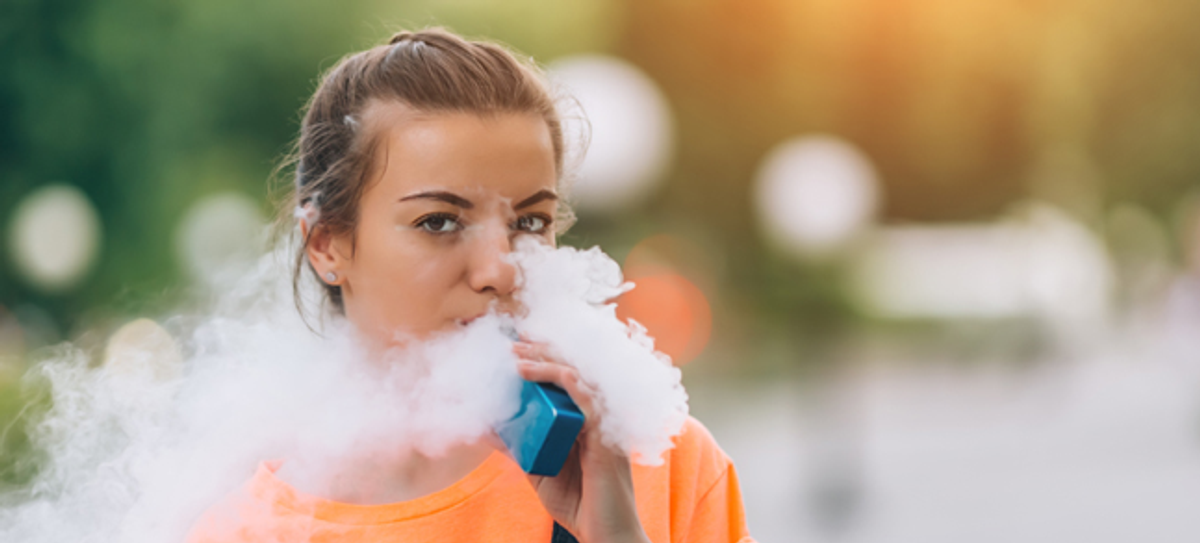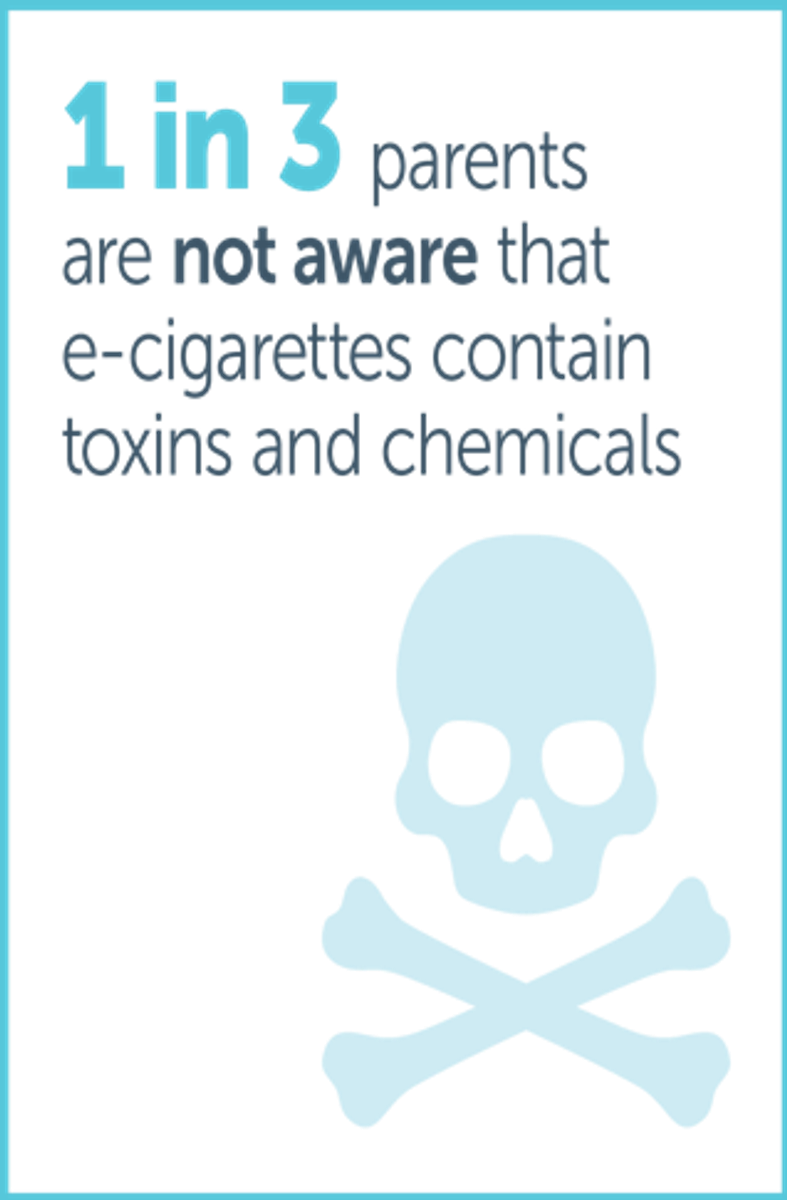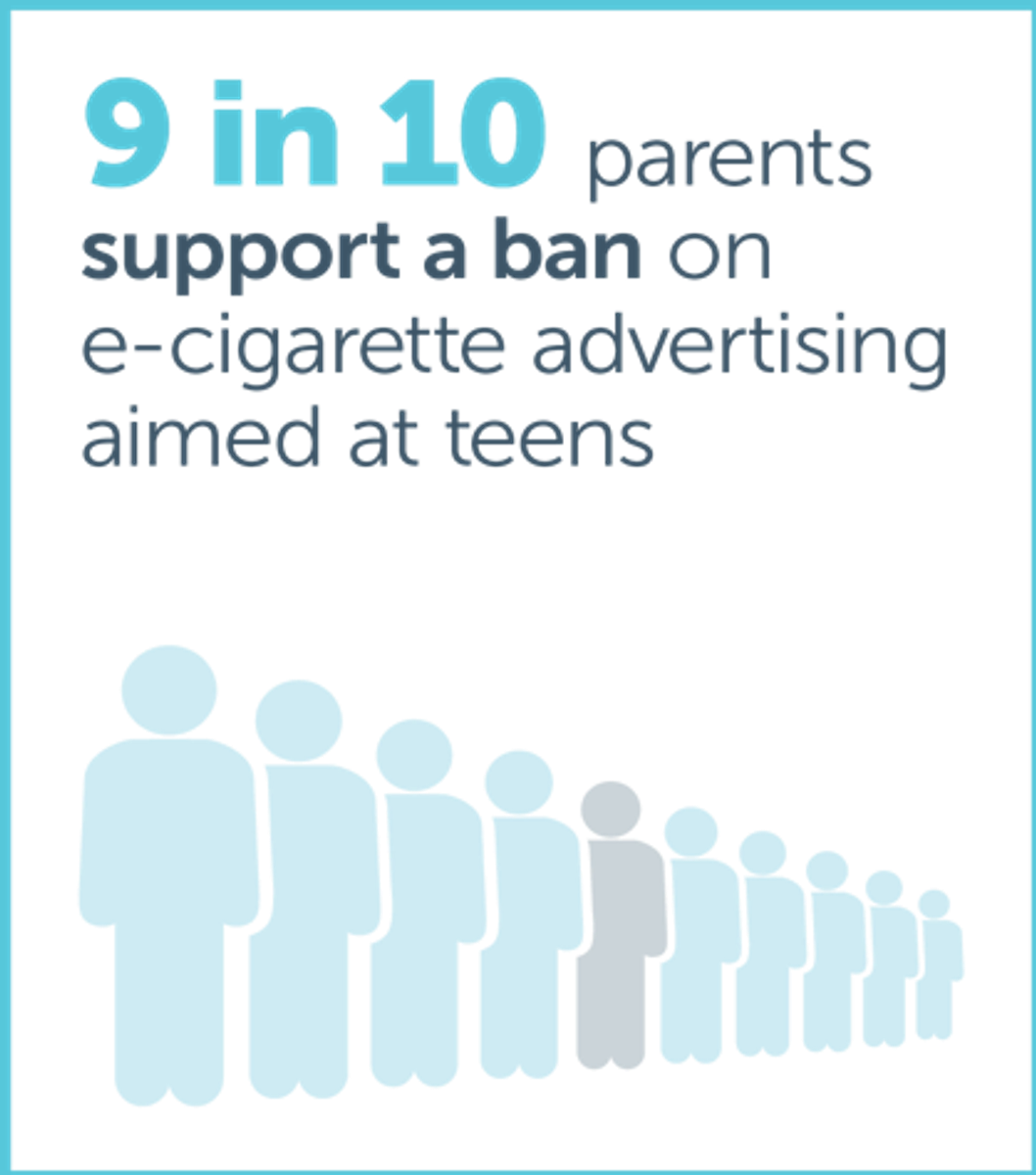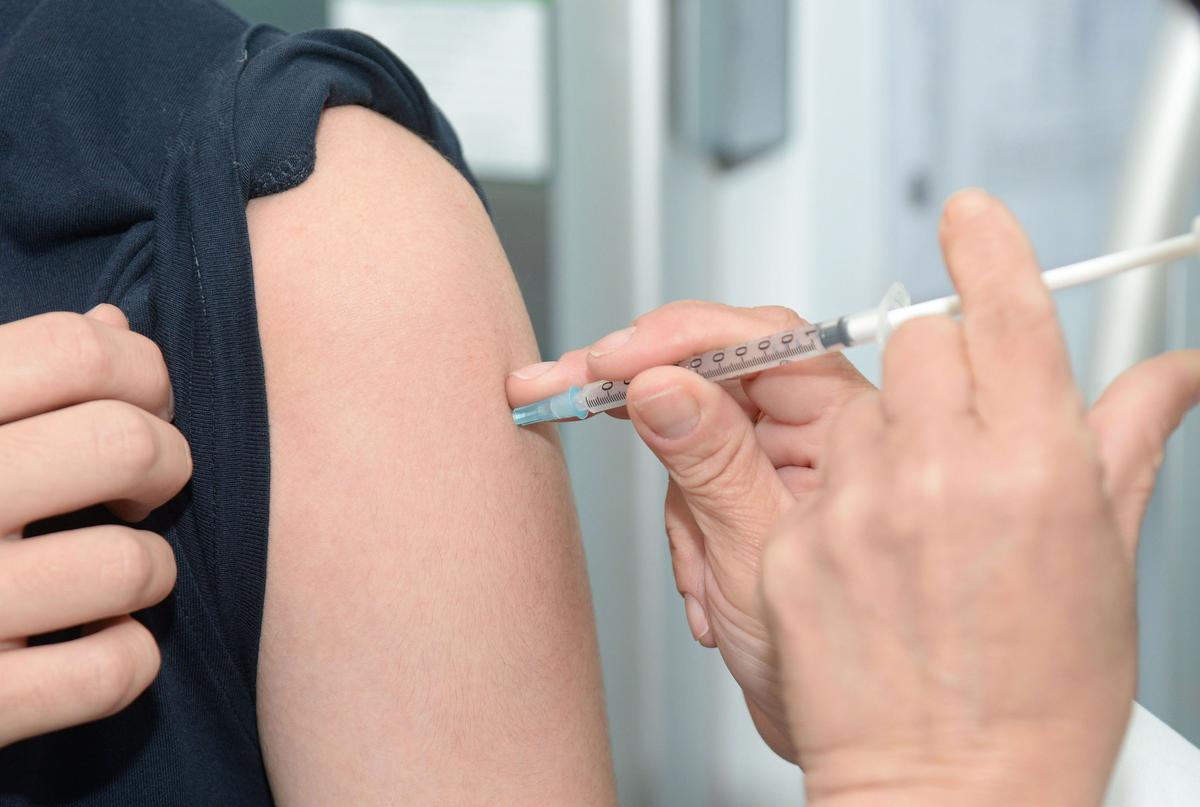Wellbeing
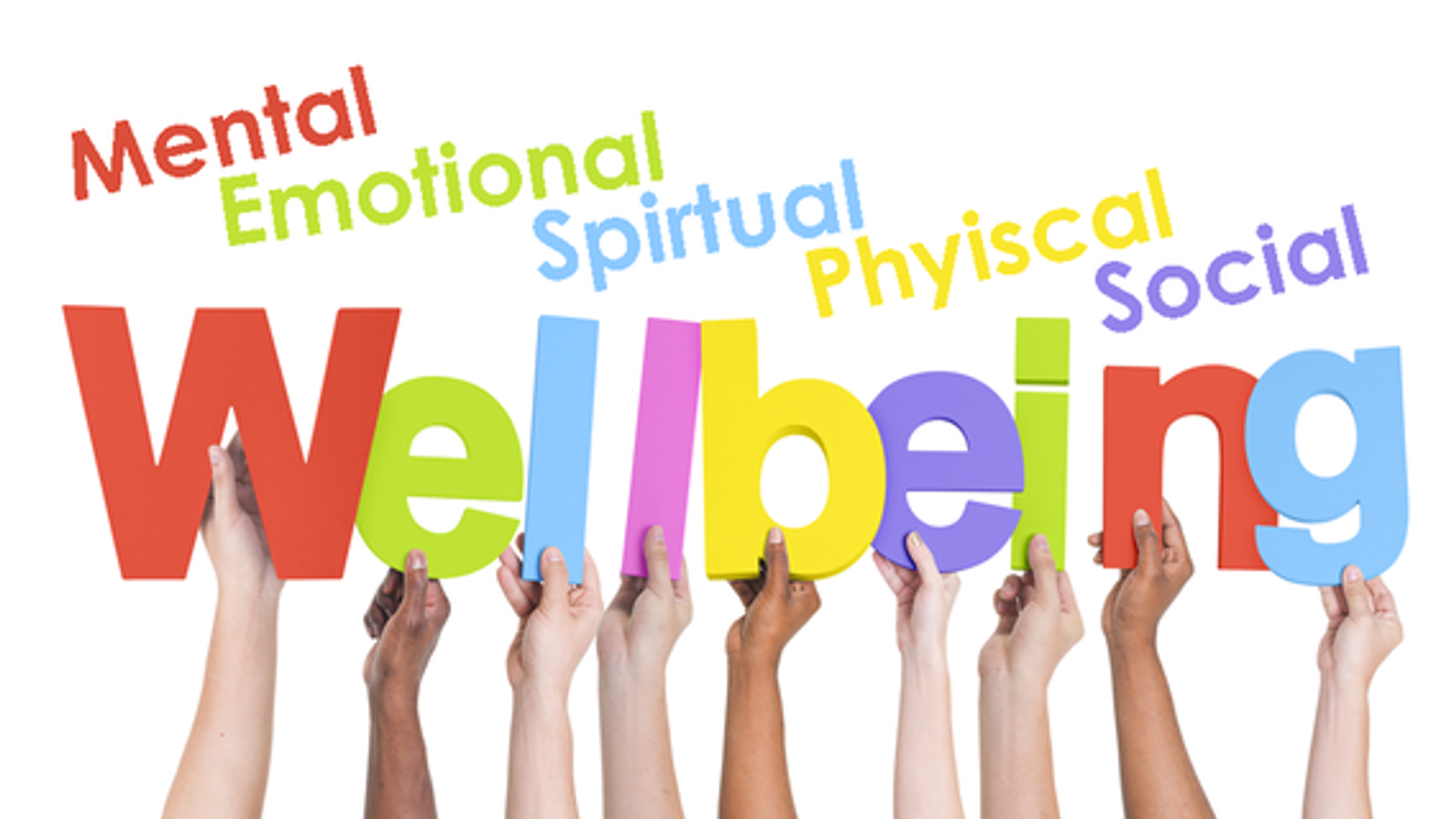
E-cigarettes, vaping and teens: Do parents know the dangers?
Australian parents are calling for tougher restrictions on e-cigarettes in an effort to reduce uptake in teens, as research shows half of parents support a total ban on the supply, sale and use of all products in Australia.
The poll found the majority of parents (73 per cent) are concerned their teen might try e-cigarettes yet more than half of parents (57 per cent) have never discussed e-cigarette use or vaping with their teen.
Most parents have, however, discussed smoking regular cigarettes (71 per cent), alcohol and drinking (81 per cent) and other drug use (80 per cent), suggesting that parents are yet to see e-cigarettes as common place risky behaviour.
Poll Director, Paediatrician Dr Anthea Rhodes, said “The health harms of e-cigarettes are real. These products contain a multitude of toxins and chemicals, and they are still new so the full extent of their potential harm is not yet known.”
“Recent cases around the world have shown that using e-cigarettes can have devastating impacts on the health of teenagers and young people. More than 60 people worldwide have now died from vaping related lung injury and thousands more have become very sick,” Dr Rhodes said.
The poll of 2029 parents caring for 3638 children also found:
- One in three parents (31 per cent) don’t know that e-cigarettes contain toxins and chemicals and 40 per cent are unaware that e-cigarettes can cause death
- More than half (58 per cent) of parents support the ban of flavoured e-cigarettes
- Two thirds of parents (66 per cent) don’t realise that even e-cigarette products sold legally to adults in Australia have not been tested or approved by the Government
- Almost nine in 10 (87 per cent) parents think it is too easy for people aged less than 18 to buy e-cigarettes online
- A third of parents (38 per cent) don’t know that in most states and territories it is illegal to use e-cigarettes in places where smoking is illegal
“This study shows that many parents believe that if a product is legal it must be safe. E-cigarettes are not safe for teenagers and efforts should be made to educate people about the risks,” Dr Rhodes said.
“Currently in Australia there is no compulsory safety testing conducted, nor is there control over how the e-cigarette products are made, or what toxins and chemicals they contain. Australians are being put at risk daily by these products and it’s imperative our laws on e-cigarettes are revisited.
“Vaporised e-cigarette liquid contains nicotine, a highly addictive substance that may lead teens to experiment with other tobacco products and drugs. Stricter regulations around access to people under the age of 18 and increased health warnings on these products may assist in reducing the prevalence of use in the community.”
Despite most parents not talking to their children about e-cigarettes, it was promising to see that for those who had, the main purpose was to teach them about the risks. The main prompts for the conversation were the child asking about it (33 per cent), the child and parents seeing someone using e-cigarettes (27 per cent) and the child and parents hearing about e-cigarettes or vaping in the media (49 per cent).
“Talking to teens about risky behaviours is a really important way for parents to help keep their child safe. Having a conversation about e-cigarettes will not only help educate them, but help parents to develop an honest line of communication and encourage children to share their concerns,” Dr Rhodes said.
“We are seeing the popularity of e-cigarette products among teens in Australia begin to grow at an alarming rate. This study provides strong evidence for support of government efforts to strengthen regulations that prevent access of these products to minors, and to the broader public as well.”
Secondary School Vaccinations 2020:
The Secondary School Vaccine Program offers free vaccines to Year 7 and Year 10 students. These vaccines provide protection against:
-
- Diphtheria, tetanus and pertussis (whooping cough) – one dose for Year 7 students
- Human Papillomavirus (HPV) – two doses for Year 7 students
- Meningococcal A,C,W,Y – one dose for Year 10 students
Parents/guardians of Year 7 and 10 students should look out for the vaccine consent card booklet coming home from school with your child.
You will need to read the information, complete and return the card regardless of whether your child is being vaccinated at school.
The Melton Council immunisation service will contact the school to confirm the booking date for Year 7 and 10 immunisations.
To learn more about the Secondary School Vaccine Program, the vaccines, the diseases they protect against, or how you can prepare your child for vaccination, go to betterhealth.vic.gov.au
Additionally, the Commonwealth government is funding vaccinations for all children under 20 years who missed scheduled vaccines. If students have missed vaccines, either in childhood or adolescence, and require catch-up vaccines, they should speak with their immunisation provider. (ie. local council or GP).
Parent Notice :
Please return Asthma , Allergy and Diabetic Health Plans as soon as possible to the school
Sanitary Pads :
Funding of $20.7 million over four years has been committed by the Victorian Government to provide free sanitary pads and tampons in every government school from Term 3, 2019. The Government believe that access to sanitary products shouldn’t be a barrier for girls and young women to getting the most out of their education.
There are dispensers in all the student female toilets, or contact the First Aid Office.

